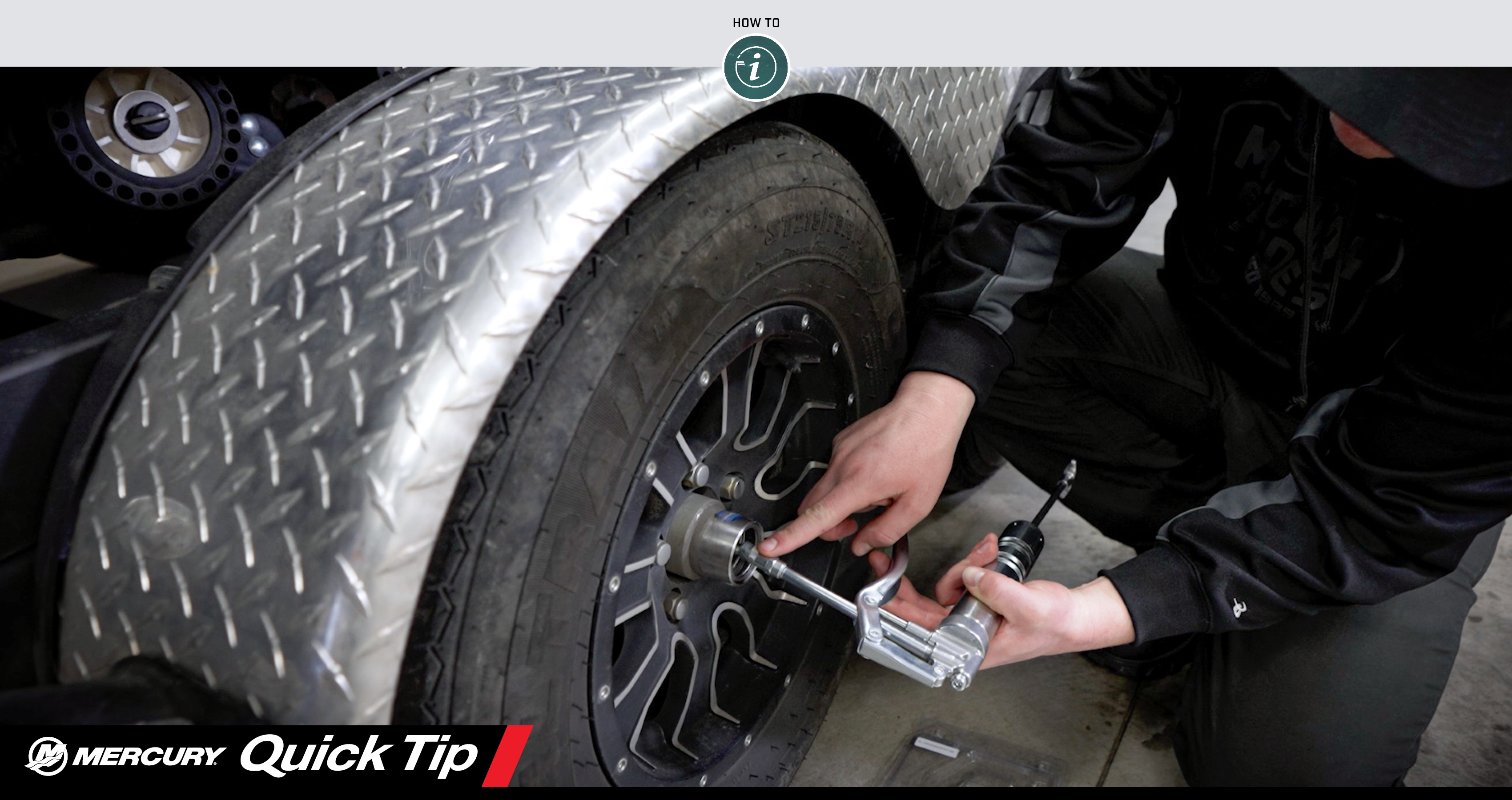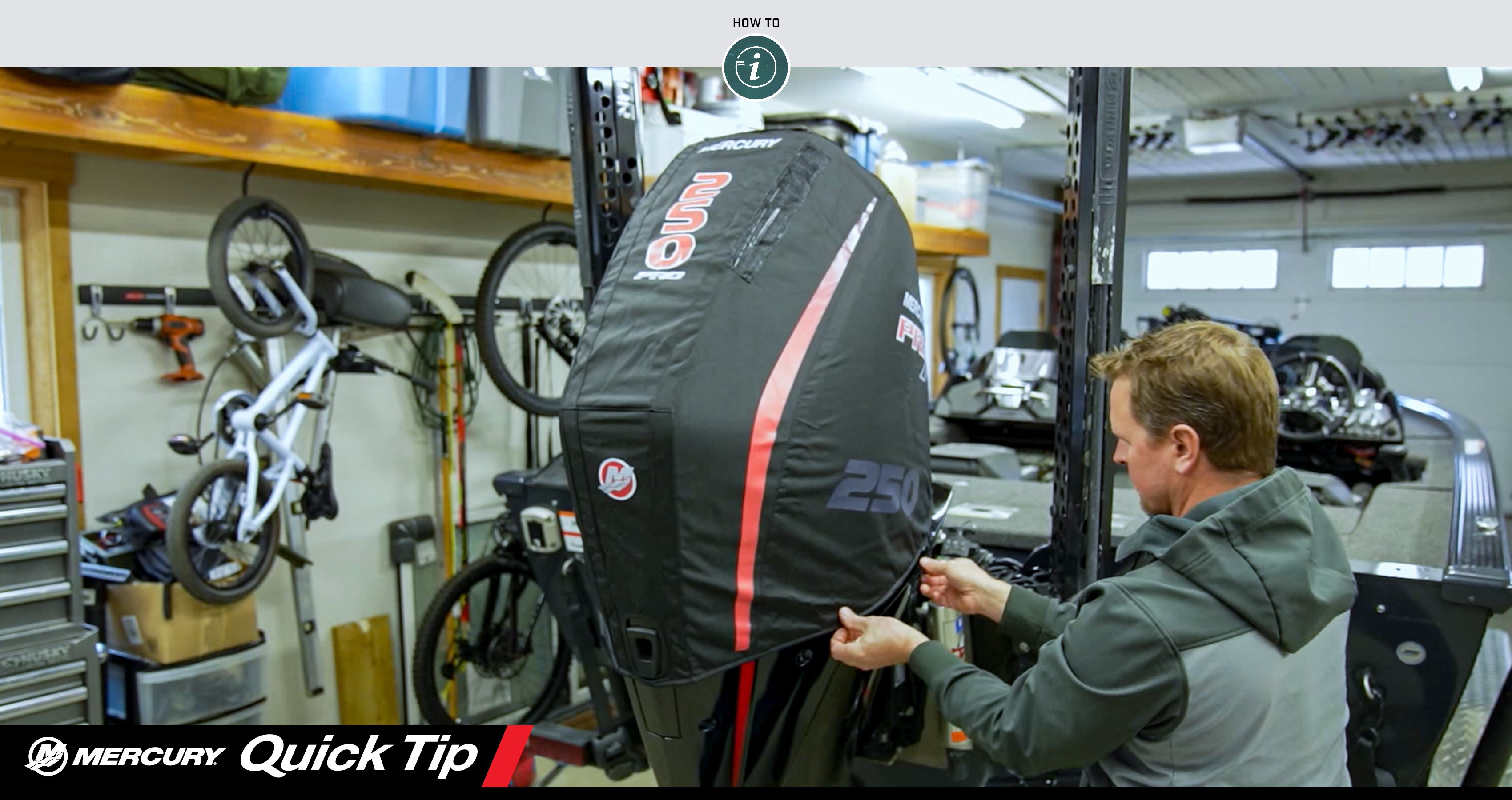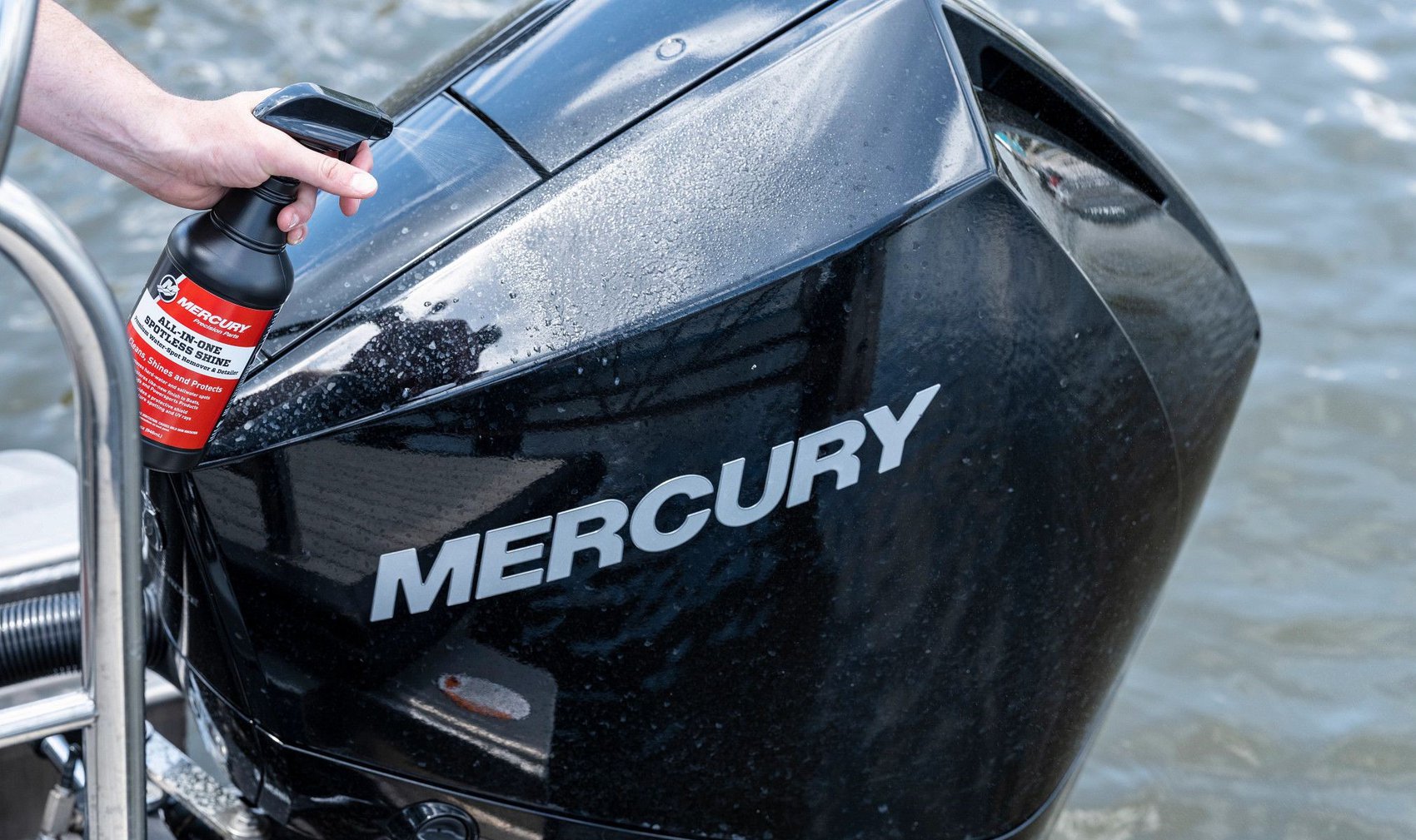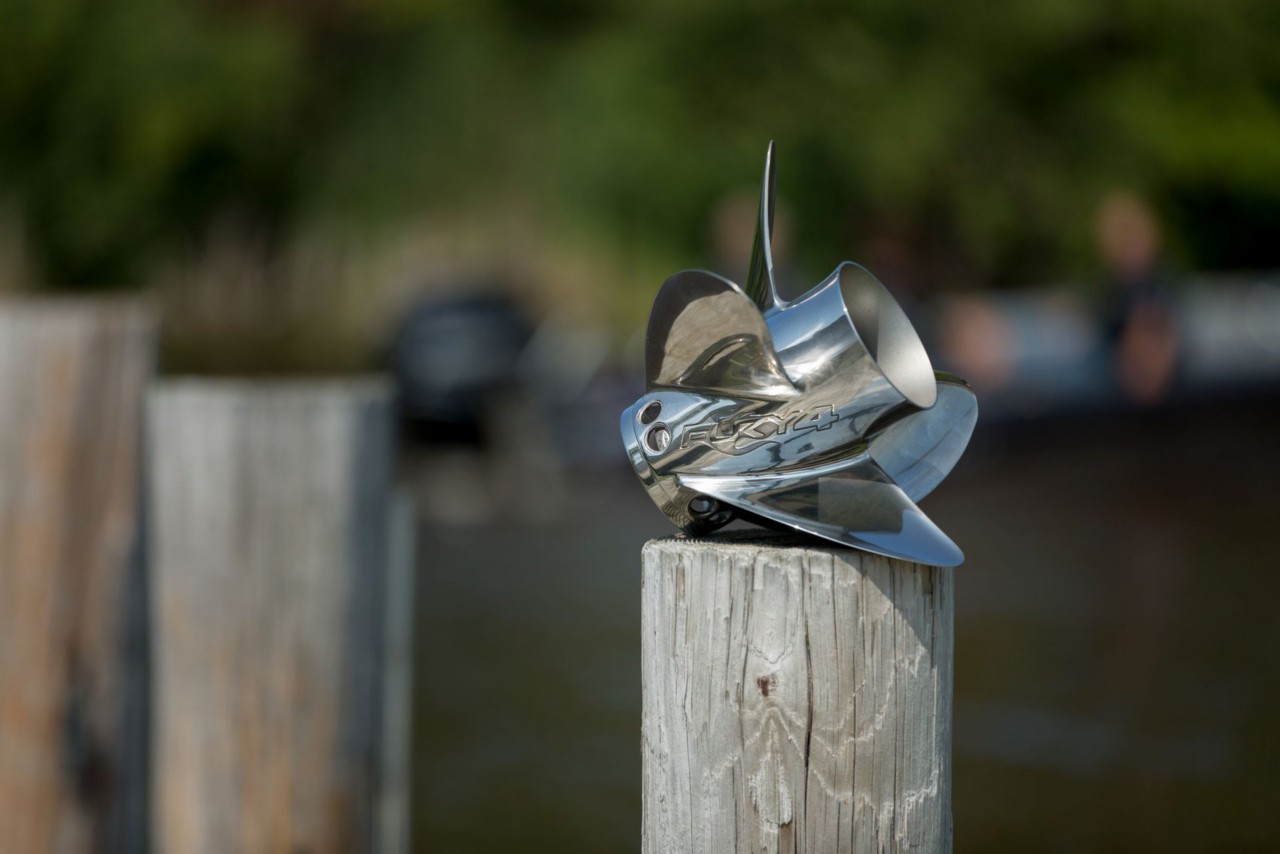When considering propellers, many boat owners get fixated on speed. They assume a prop that will make their boat go faster must be better. It’s more important to consider how a propeller can impact the entire boating experience. Speed is one element of that experience, but so are acceleration, economy, comfort and boat handling. Which is one reason Mercury Marine offers a wide range of propellers, including models with three blades, four blades and even five blades. Each design is intended to enhance overall performance in certain applications to make a boat work its best on the water.
Let’s look at how the number of blades affects propeller performance.
Three Blades
Technically, a propeller with a single blade would be the most-efficient design simply because it would produce the least drag in the water. But with a single blade winging around at speed, the vibration would be intolerable. A propeller with three blades achieves the best balance of smooth operation and minimal drag through the water, which is why a three-blade design is the most popular for general boating.
Within that three-blade design, engineers can manipulate blade area, blade rake and cupping to build a prop that can perform well in a specific application – for instance, lifting the bow of a performance boat for more speed or lifting the stern of a heavy cruiser on plane. The three-blade Mercury Fury propeller is one of the company’s most popular props and a great example of a premium three-blade model. It offers outstanding performance on lighter bass, bay and flats boats running high-horsepower outboards.
Four Blades
Adding a blade further reduces vibration, and usually adds blade area to a propeller design. Increasing blade area can improve hole-shot acceleration and increase lift at the stern. That fourth blade also adds some drag, which might reduce top speed.
The two Mercury Fury propeller models offer a perfect example of the advantage of adding a fourth blade. The three-blade Fury is suited for lighter boats with high-horsepower outboards. The four-blade Fury 4 prop was designed specifically for bass boats longer than 20 feet, especially when those boats have a “tournament load” of gear – all of the weight of tackle, back-up equipment, and full fuel tanks and livewells typically carried by tournament anglers. The additional area of that fourth blade helps lift these boats efficiently on plane, will hold them on plane at lower speeds and can reduce hull drag. The result is often no loss in top speed or even a slight gain in top speed.
The Mercury Revolution 4 propeller also provides outstanding stern lift and is a proven performer on larger center-console boats powered my multiple Mercury Verado outboards. In this application the Revolution 4 can hold the boat on plane at lower speeds, which is a big advantage when offshore conditions get rough. Its four-blade design maintains bite on the water when it nears the surface as the boat is cresting swells.
Five Blades
Adding a fifth blade further increases blade area, reduces vibration and improves the prop’s ability to hold its grip on the water. The Mercury High Five prop is designed for use with outboards and MerCruiser Alpha sterndrives by boaters seeking outstanding hole-shot acceleration for tow sports, who don’t mind giving up some top speed to get that performance. The five-blade Mercury Maximus propeller is designed to be paired with MerCruiser Bravo One or Bravo One XR sterndrives mated to big-block engines, especially on performance boats with a high drive height. Placing the drive higher on the transom reduces drag and can increase speed, but it also places the propeller near the surface. The five-blade design of the Maximus allows it to maintain a solid bite on the water, even in the highly aerated water flow produced by performance boats with stepped hulls.
Finding the Right Prop
For help finding the best all-around prop for your boat, start with the Mercury Prop Selector tool, a great resource that in just five steps will help you narrow down prop options for your boat and engine combination. Next, try a new propeller on your boat.
Mercury transforms aluminum and stainless steel into the highest-quality, best-performing, most-durable marine propellers in the world. For best overall boat performance, there's no substitute for a Mercury propeller.




